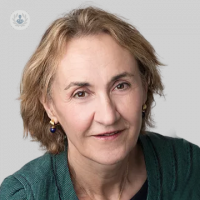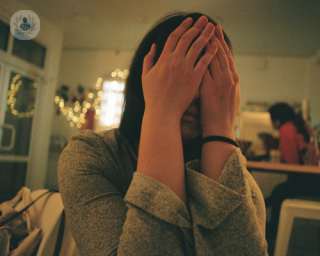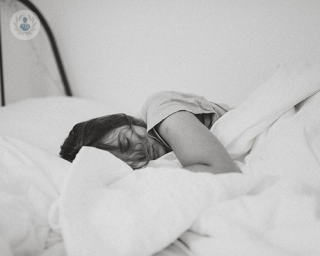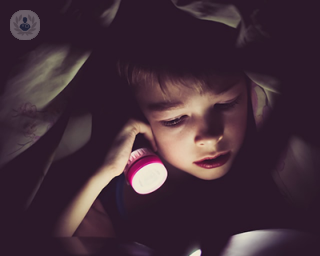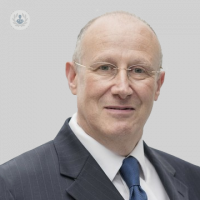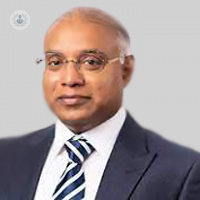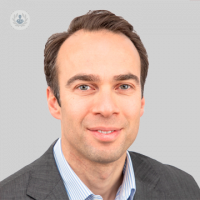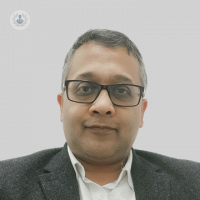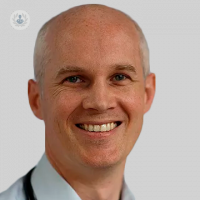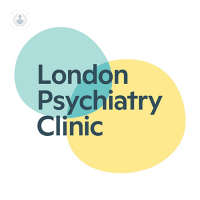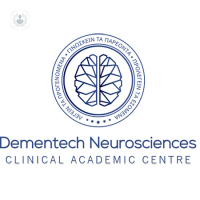Sleep disorders
Dr Ana de Ramon - Pulmonology & respiratory medicine
Created on: 11-13-2012
Updated on: 01-12-2024
Edited by: Karolyn Judge
What are sleep disorders?
Sleep disorders are problems related to sleep. They are a set of alterations that occur in the different phases of sleep, preventing you from enjoying a proper, continuous and restful sleep. There are many different types of sleep disorders and these can be grouped into four main categories:
- Problems falling asleep and staying asleep
- Problems staying awake
- Problems maintaining a regular sleep schedule
- Unusual behaviour during sleep
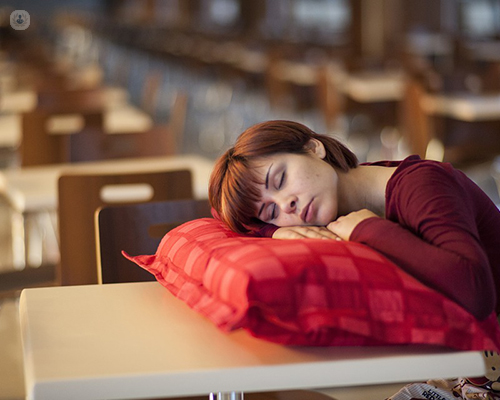
What are the symptoms of sleep disorders?
Some of the general symptoms of sleep disorders are:
- Physical exhaustion
- Low performance
- Daytime sleepiness
- Difficulty complying with professional, family or social obligations
On the other hand, there are specific symptoms that can occur, depending on the type of sleep disorder. Some are:
- Sleepwalking - a state in which the person gets up and acts semi-consciously during sleep, without realising what they are doing, or remembering what they did whilst sleepwalking.
- Night terrors - episodes of agitation due to fear that can be accompanied with sleepwalking.
- Nightmares – unpleasant and frightening dreams that provoke a sudden awakening, both in children and adults.
- Snoring
Common sleep disorders include:
- Insomnia (difficulty falling asleep and staying asleep)
- Narcolepsy (a neurological disorder that affects the control of sleep and wakefulness)
- Sleep apnoea (disruptions and pauses in breathing during sleep)
- Restless legs syndrome (unpleasant sensations in the legs, with an uncontrollable urge to move them)
- Hypersomnia (excessive daytime sleepiness)
- Parasomnias (sleep disorders that cause arousals from REM sleep, e.g. nightmares and sleepwalking)
What causes sleep disorders?
The causes of sleep disorders vary and can be due to several causes, such as:
- Allergies and breathing problems
- Chronic pain
- Stress
- Anxiety and other psychiatric disorders
- Nocturia (the frequent urge to urinate)
- Underlying health conditions
- Environmental factors (e.g. light, noise or extreme temperatures)
- Night shift work
- Medications
- Ageing (older age is associated with the development of certain sleep disorders)
What is the treatment for sleep disorders?
The treatment for sleep disorders depends on the type of disorder the patient has. In general, specialists recommend avoiding taking medications that may cause insomnia or avoid consuming caffeine, sugary drinks, alcohol and tobacco. Also, it is advisable to shorten the time you are in bed to only when you go to sleep. That is, it is important not to watch television, read, or eat whilst in bed.
Depending on your sleep disorder, a specialist may require you to enter a sleep lab to analyse your patterns of sleep. In a sleep lab, you are connected to monitors that track the heart, brain and breathing whilst you sleep.
Here are some specific treatments for common sleep disorders:
- Insomnia – improving ‘sleep hygiene’, such as avoiding caffeine, exercising regularly, keeping your bedroom dark and quiet.
- Snoring – sleeping on your side, quitting smoking, treating any underlying allergies.
- Sleep apnoea – you may require a CPAP machine whilst you sleep, which keeps your airways open.
- Narcolepsy – having scheduled naps and medication to keep you awake during the day.
